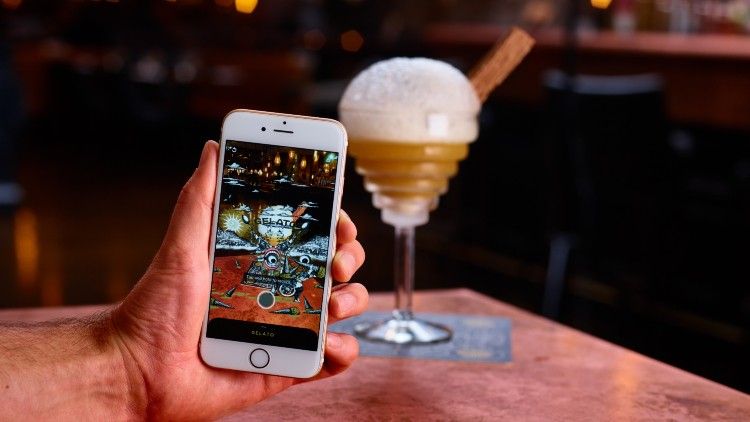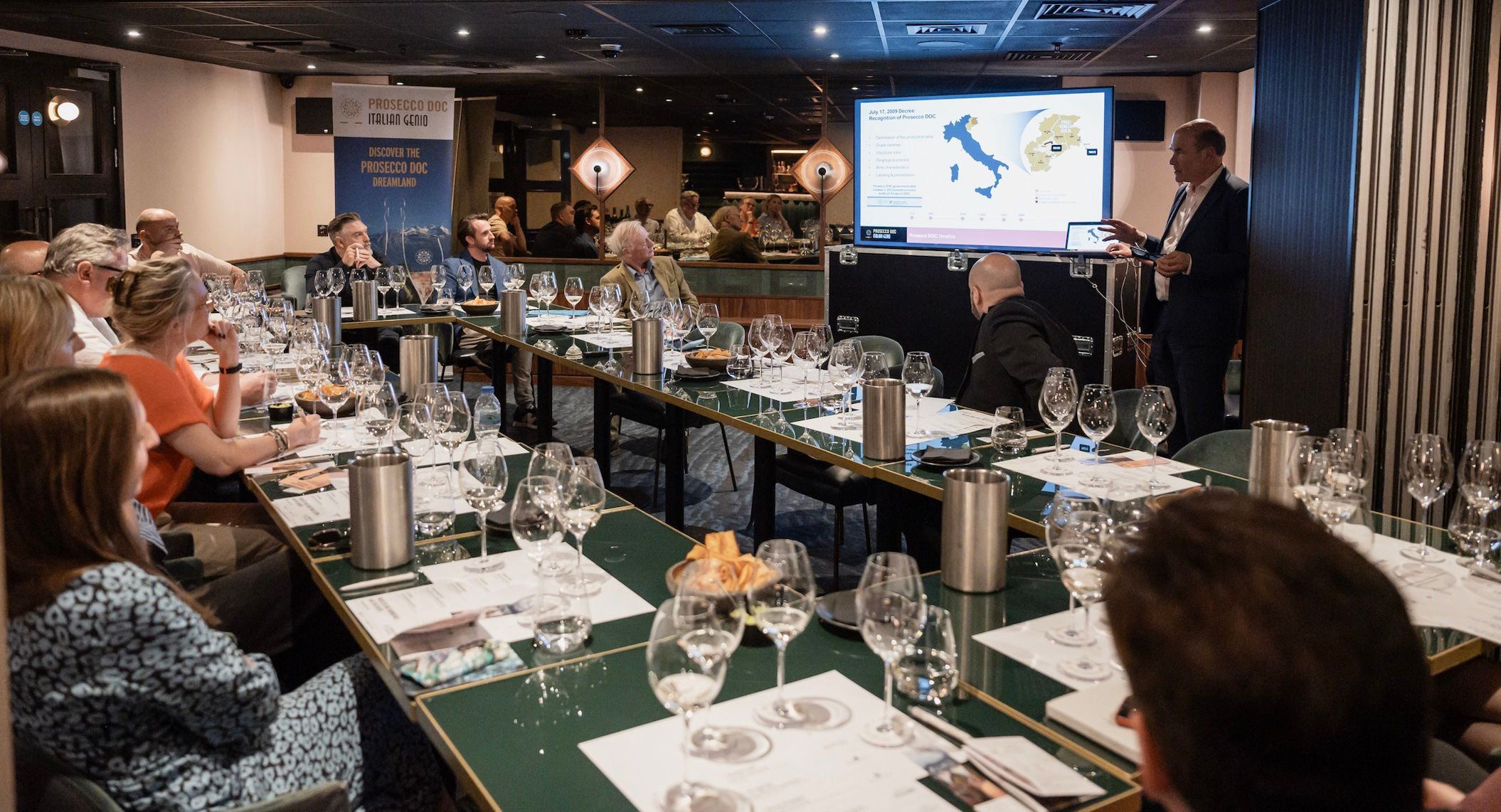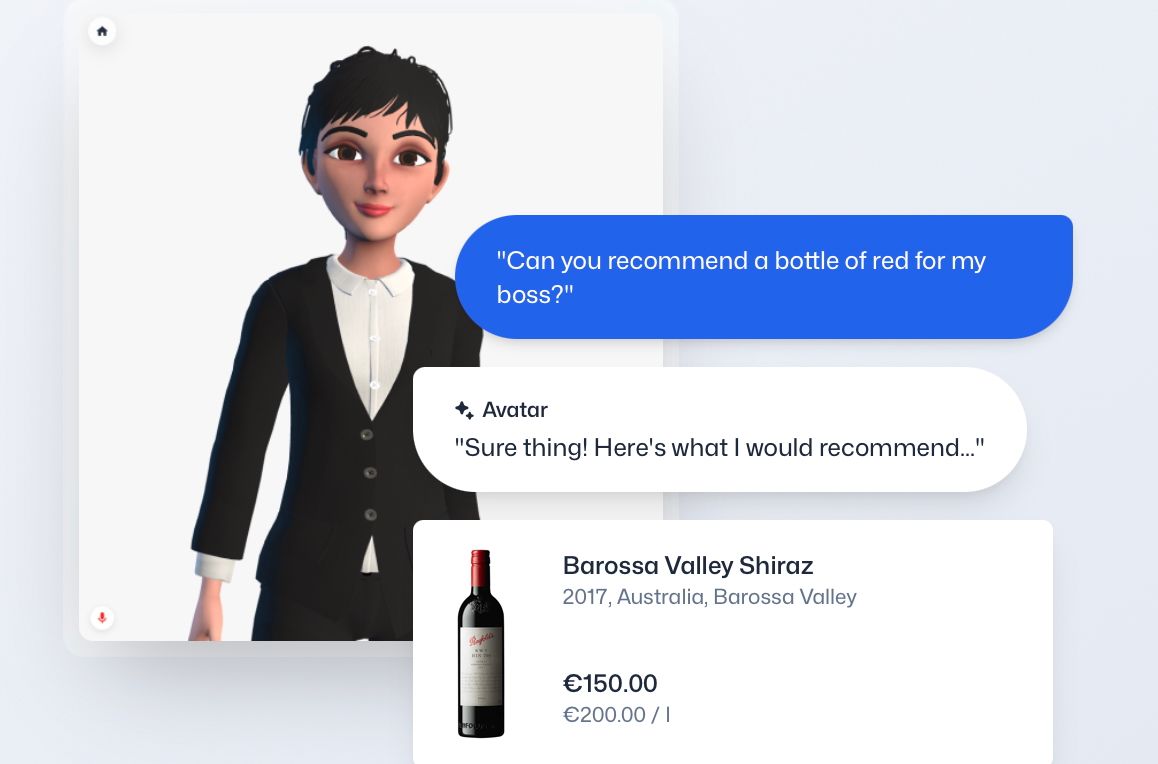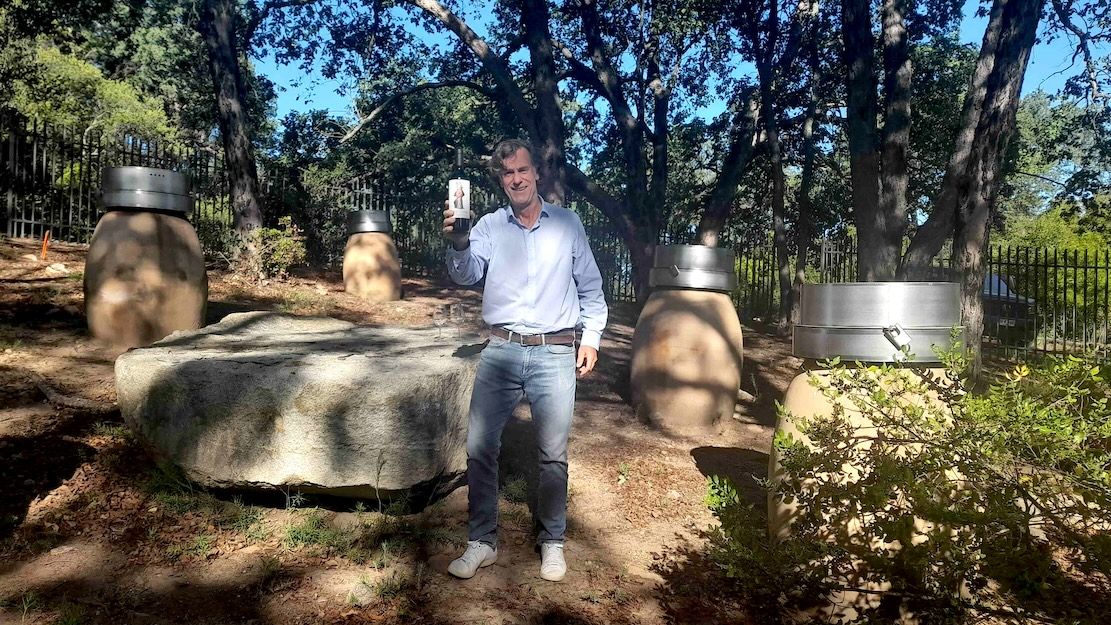New contactless payment apps might sound impersonal, but some will actually help bars, restaurants and their suppliers know far more about on-trade customers than ever before.
The old adage that a week is a long time in politics feels particularly out of date at a time when every day feels like a week in its own right. We are all living in a very different world to even a month ago, where the focus has started to switch from just bunkering down working out how we can get ourselves through this crisis, to making the first steps on what we all need to do when we come out the other side.
Although the on-trade has been given July 4 as the date when it might possibly be able to open in England and Wales (or July 15 in Scotland and July 3 in Northern Ireland) it’s still not known whether they will be given the go ahead – and under what safety regulations. But at least they are dates in the diary. Something the hospitality trade can focus on to assess and determine what needs to be done between now and then to make it even remotely possibly that some outlets could open.
What’s immediately clear is the on-trade of the very near future is going to look and be completely different to the restaurants and bars we were all running at the beginning of March.
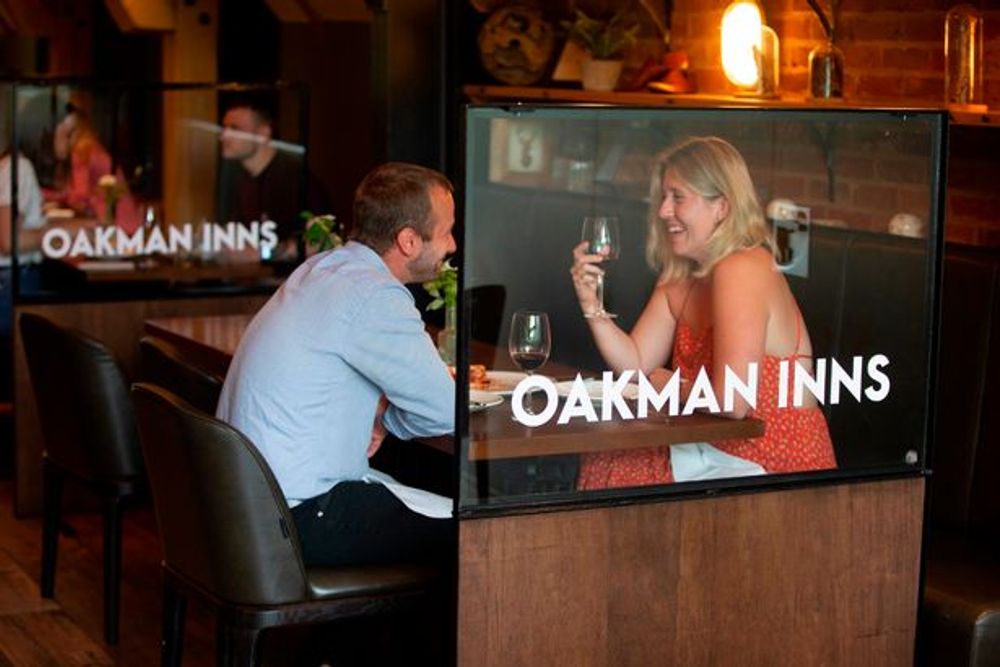
What pubs could look like when they re-open complete with perspex screens
Any on-trade operator willing to open is going to have to do so in a way that is still appealing to their customers even if they are welcomed by the sight of Perspex screens, hand sanitisers and staff in face visors, masks and gloves.
Rather than do everything they can to be close to their customers, pub and restaurant operators are going to have to learn to be as equally effective from a safe distance away. Two metres to be exact.
We have the technology…
All of which opens the door to technology. In fact all the operators who have so far publicly revealed any plans they have to re-open all include some form of smartphone ordering and payment system. What were once seen as nice to have apps will be a must if you are going to convince just one customer to walk back through your doors.
Already we are seeing new payment players coming into the market, including Creventa from former Gaucho sommelier Jake Crimmin, which have been developed just to help the on-trade come back and do business during Covi-19.
What’s particularly exciting about these apps is not just the practical way they can help ensure safe distancing, but the data and potential analysis of purchasing behaviour that they could offer both to operators and drinks brands and suppliers. They can also, vitally, get operators and outlets trading again.
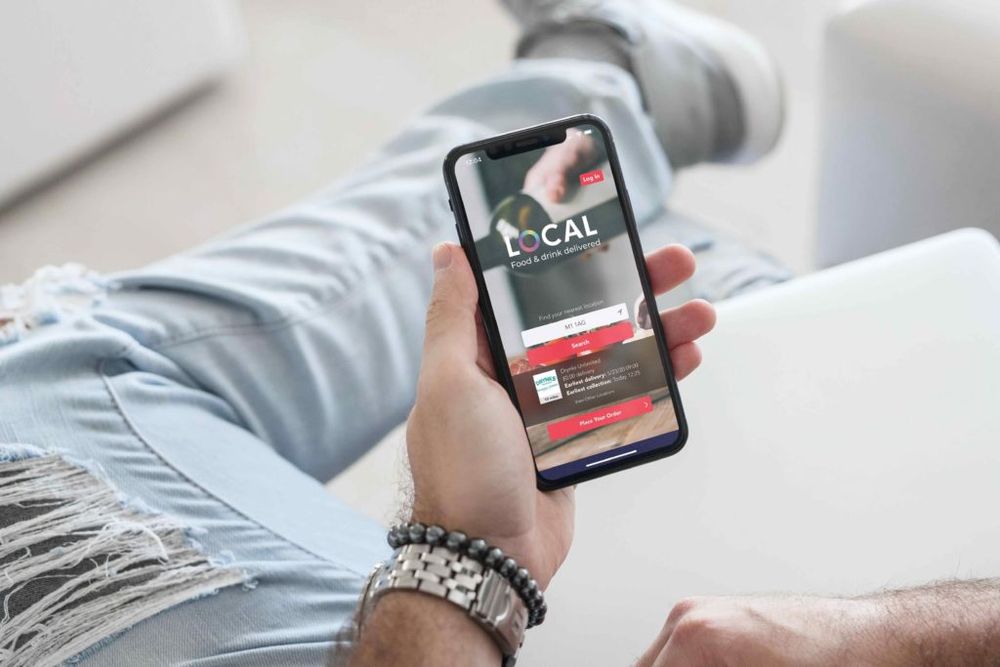
Local from C&C has been designed so that consumers don’t have to turn to a number of different apps on their phone to use
C&C, which owns national drinks distributors, Bibendum, Matthew Clark, as well as super brands including Bulmers and Tennents, has developed an all encompassing app, called Local, which has essentially been launched to help not just its own customers but any business re-open their doors and start selling food and drink again.
It has also been designed so that it can cover both delivery and click and collect, but as pubs and restaurants allow customers inside again, it can also handle contactless payment and ordering at the table.
Crucially C&C is covering the start up costs and only charging 2-3% for orders and payments made through the app, with all profits being pushed back into making it more effective, compared to the 20-35% fees charged by the major delivery apps such as Just Eat and Deliveroo.
Suppliers stepping up
This really is a great case of the drinks supply base – brands and distributors – finding a practical way in which they can help as many on-trade and specialist retailers see themselves through this crisis so that they are there to work with down the line.
Then there are apps being developed aimed at improving the customer experience, but also helping drinks brands better understand who is buying their products.
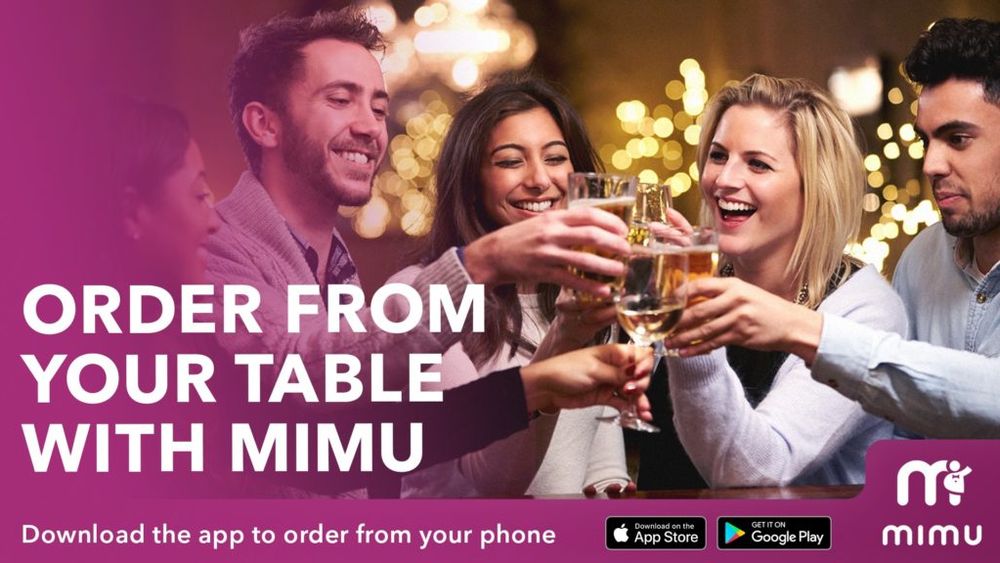
Like Mimu, which has been developed by former Diageo and AB InBev executive, Andrew Jones, and currently being rolled out in Australia before now coming to the UK. It places drinks at the heart of its solution, giving brand, pub and restaurants owners the chance to use the app to push certain products, but to then analyse what spending behaviour triggers changes between ordering beers, wines and spirits.
As Jones says being able to influence consumers, through a payment app, to switch from a beer to a spirit or a wine, just one drink earlier in a session, could increase these categories by millions of pounds. Data that can also show differences in what influences men and women drinkers by age group, price point and time of purchase.
Trials in Australia show how brands can use these apps to transform their sales and knowledge of what works in certain outlets. Canadian Cub, for example, went from just 1.5% of sales in one busy bar to one in five drinks served on a particular night when its price was dropped from A$11 to A$9 and it was the main promotion on the app. When the promotion was removed it was still making up 13% of sales.
By tracking previous orders, these apps, in time will be able to spot trends between the drinks and food people order, and what might have prompted them to trade up or buy another drink.
Jurgen Klopp, Liverpool’s football manager, has said this lockdown has meant “we are never more apart from each other, yet never closer together”. Used well, these new payment apps could help bars and restaurants get to understand their customers better than ever before and go on to offer them the level of personalised service they have always wanted but never been able to give them.
